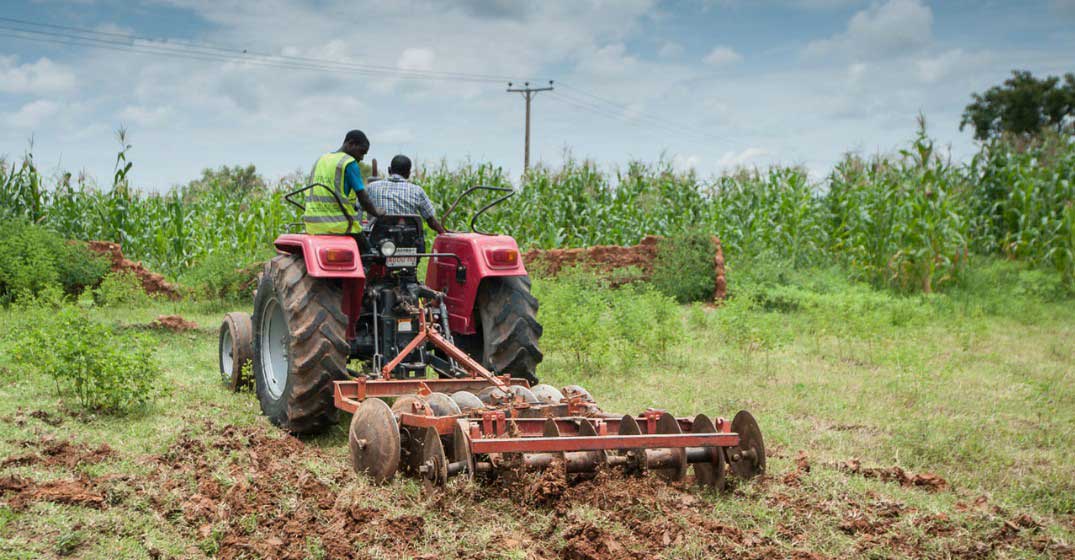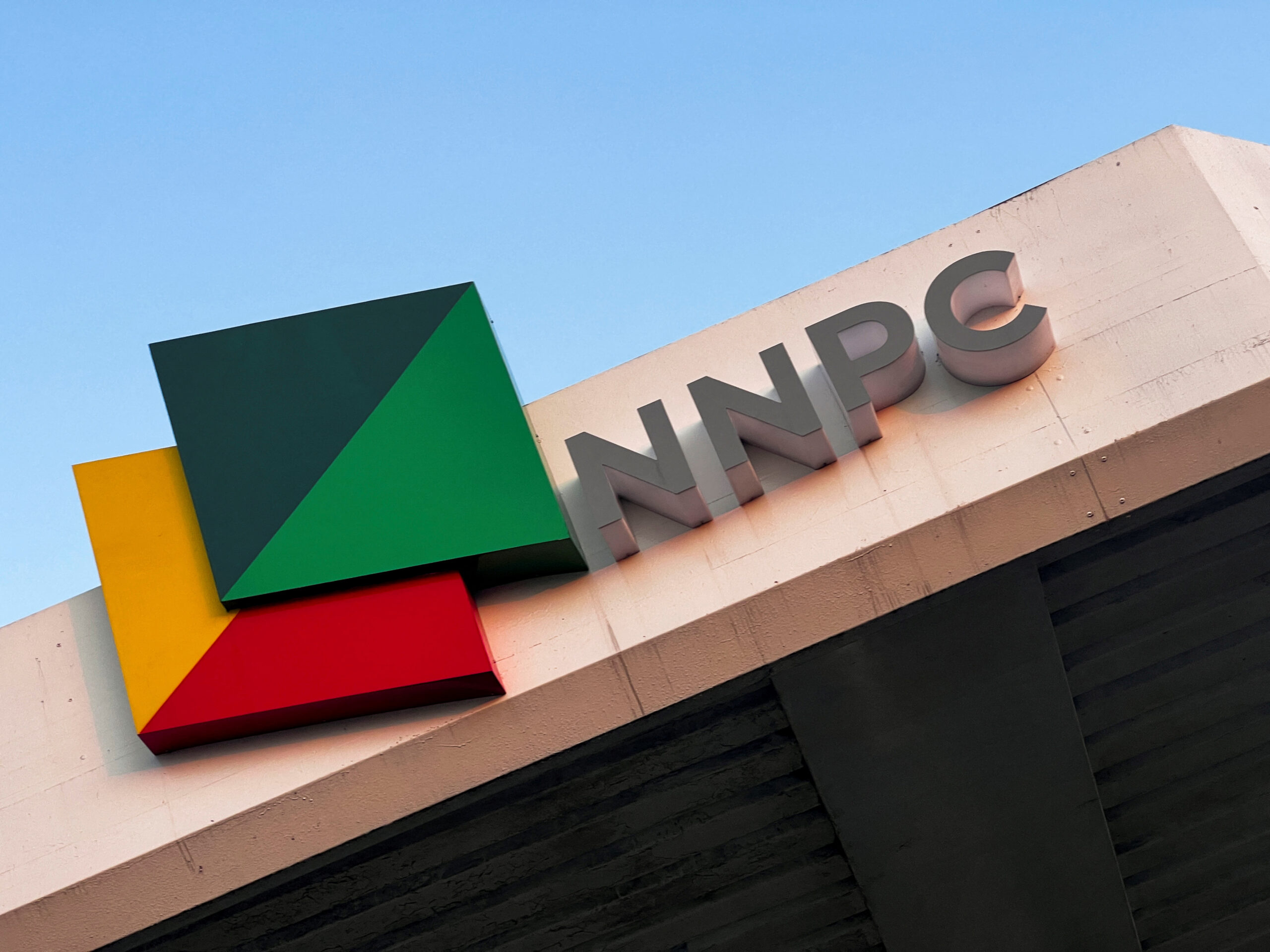In recent years, Sub-Saharan Africa has witnessed a surge in innovative agricultural techniques aimed at bolstering food security across the region. These advancements encompass a range of strategies, from integrating traditional practices with modern technologies to adopting cutting-edge solutions tailored to local needs.
A notable development is the adoption of the “push–pull” pest management strategy. This intercropping method involves planting repellent “push” crops alongside trap “pull” crops to control agricultural pests. For instance, in Kenya, farmers cultivate Desmodium between maize rows to repel stem borers and use trap crops like Brachiaria around the perimeter to attract and trap pests. This approach has led to increased yields and reduced reliance on chemical pesticides.
The integration of Artificial Intelligence (AI) into agriculture is also transforming farming practices. In Kenya, Apollo Agriculture employs machine learning algorithms to assess farmers’ creditworthiness, enabling them to access financing for seeds and fertilizers. This support has resulted in yield increases of up to 20%, demonstrating the potential of AI to enhance productivity and financial inclusion for smallholder farmers.
Solar-powered irrigation systems are another innovation gaining traction. In Mali and Burkina Faso, smallholder farmers have implemented low-cost, solar-powered drip irrigation systems that save about 40% of water compared to traditional methods. These systems not only conserve water but also provide a sustainable energy source, reducing dependence on costly and unreliable electricity.
The Internet of Things (IoT) is further revolutionizing agriculture in the region. In Uganda, a smart IoT framework has been developed to enhance climate resilience and sustainability in maize farming. This system utilizes real-time data to optimize irrigation and resource use, offering practical solutions for smallholder farmers facing challenges like climate change and resource scarcity.
Additionally, the practice of micro-dosing fertilizers and manure is gaining popularity. This method involves applying small, precise amounts of nutrients directly to the plants, improving efficiency and reducing costs. Farmers in countries like Burkina Faso, Mali, and Niger have reported increased yields and soil fertility through this technique.
These innovations underscore a growing commitment to sustainable and resilient agricultural practices in Sub-Saharan Africa. By combining traditional knowledge with modern technologies, farmers are enhancing productivity, conserving resources, and improving food security across the continent.











I believe these techniques could be a game-changer for small-scale farmers. Lets hope they get the support they need to thrive!
Im not convinced that these techniques are sustainable long-term. What about the environmental impact? Lets discuss!
Im not convinced that these techniques are sustainable long-term. What about the environmental impact? Lets think beyond just short-term gains.
Im not convinced that these techniques are sustainable long-term. What about the environmental impact? Lets discuss!
Im not convinced these techniques are sustainable long-term. What happens if the resources they rely on run out?
Im not convinced that these techniques are sustainable long-term. What happens when resources deplete? Lets discuss.
I dont buy it. These so-called innovative techniques – are they sustainable or just a short-term fix? Lets dig deeper.
I dont buy it. These so-called innovative techniques seem too good to be true. Lets see the real impact first!